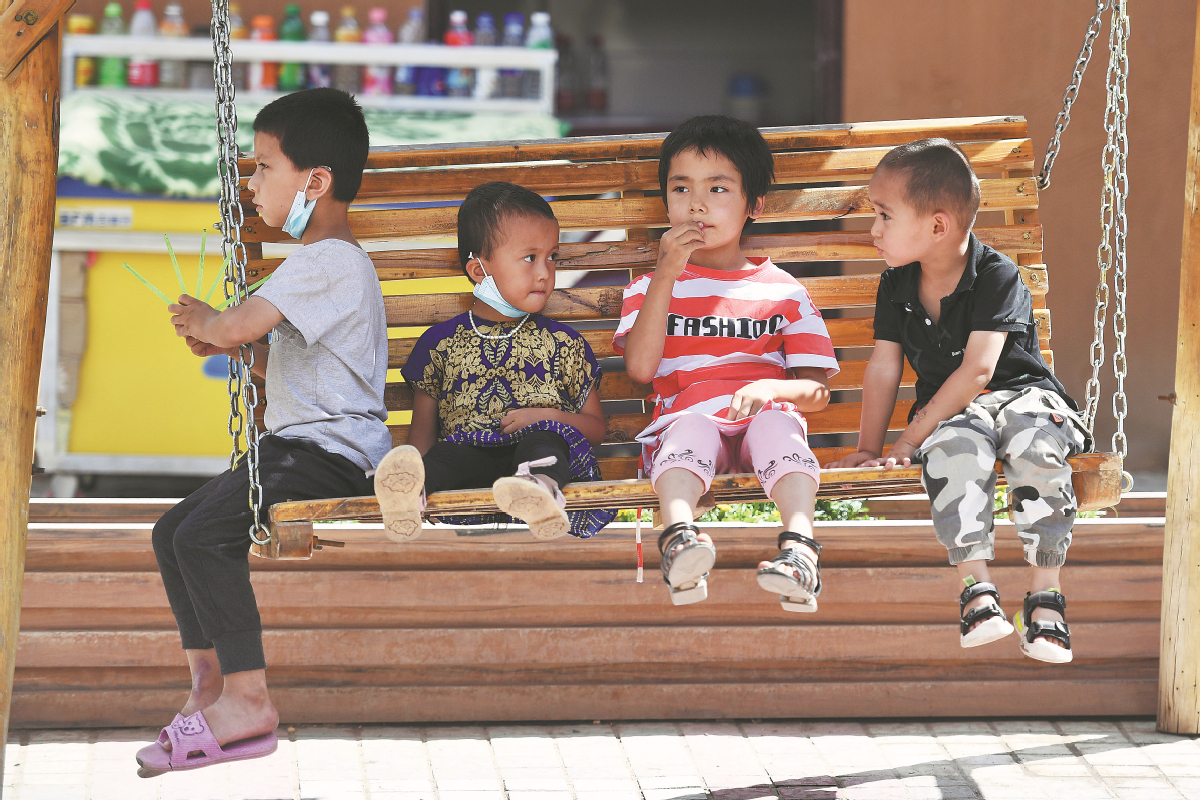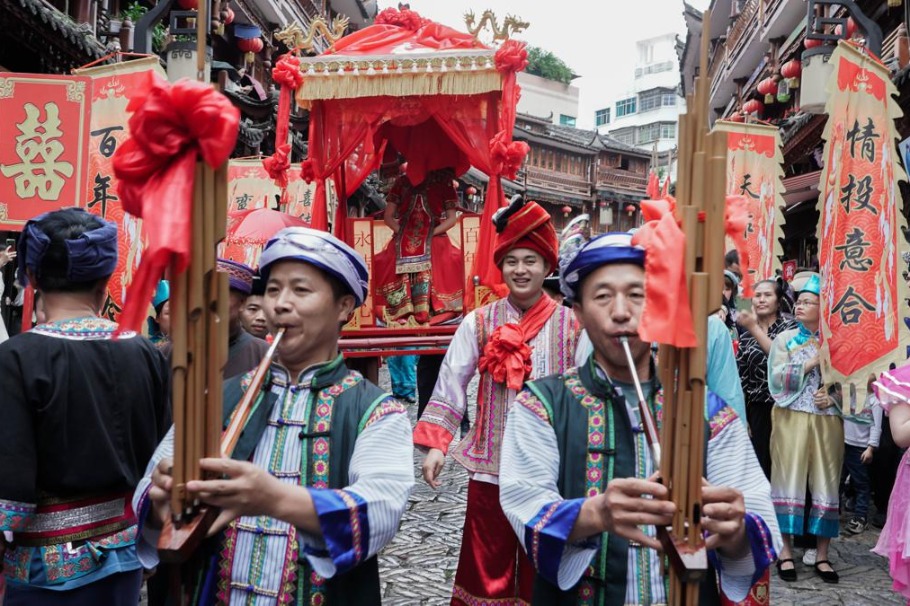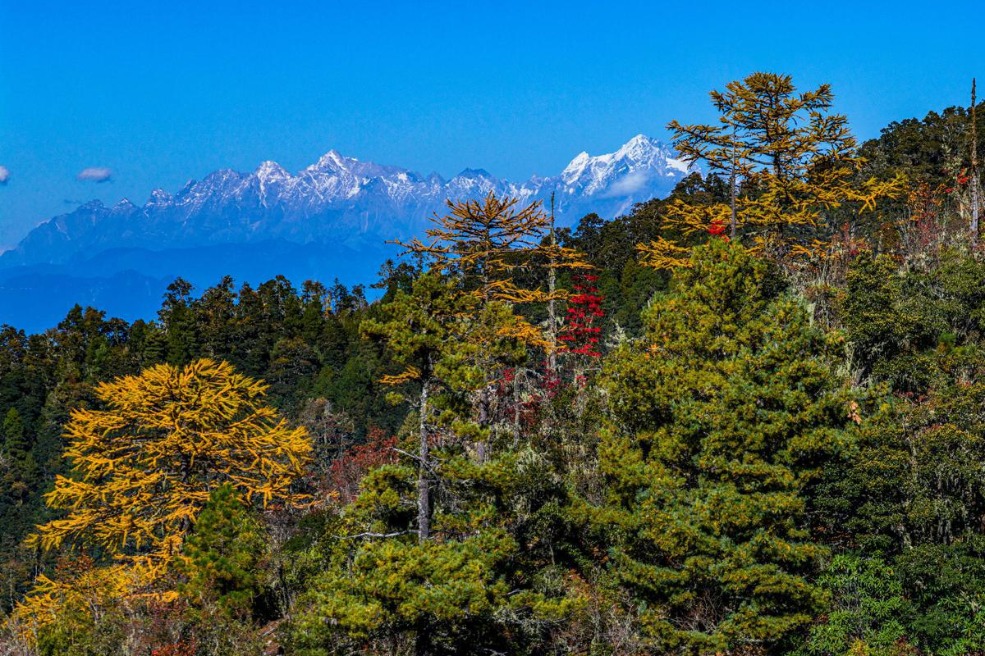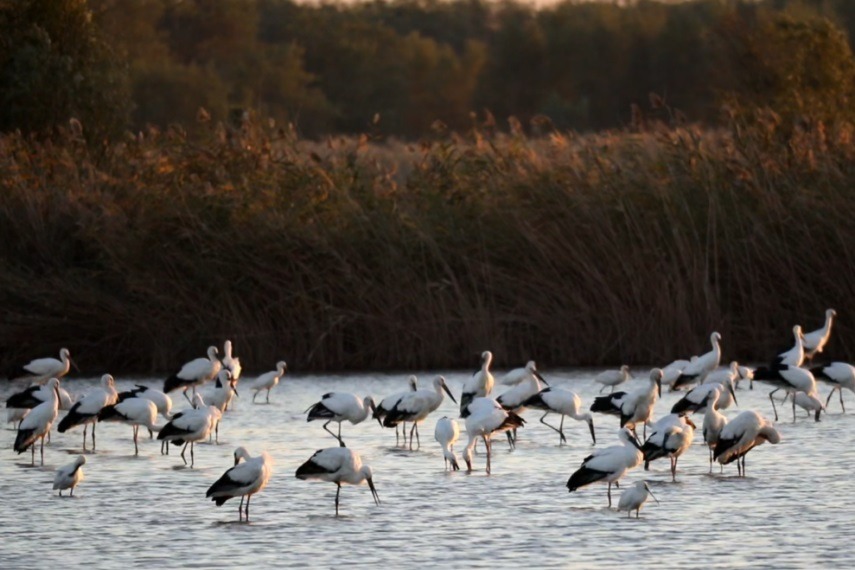China issues white paper on Xinjiang's demographic development


BEIJING -- China's State Council Information Office Sunday issued a white paper (full text) detailing the demographic development in Xinjiang Uygur autonomous region.
Here're some of the highlights.
Xinjiang's population growth higher than national average
The population growth in Northwest China's Xinjiang Uygur autonomous region from 2000 to 2020 was 1.15 percentage points higher than the national average in the compound annual growth rate. (Read more)
Uygur population maintains a relatively high growth rate
The Uygur population grew at a compound annual growth rate of 1.67 percent during the first two decades in the 21st century from over 8.34 million to over 11.62 million. (Read more)
'Forced labor' a lie by anti-China forces to stir up trouble in Xinjiang
Through the lie, anti-China forces malign China's actions against terrorism and extremism, suppress the development of industries in Xinjiang such as cotton, tomatoes, and photovoltaic products, and undermine China's participation in global industrial chain cooperation. (Read more)
Social status of Xinjiang women continues to improve
The improved status has allowed them to have more opportunities to obtain secondary and higher education, and take an active part in economic and social life. (Read more)
'Demographic genocide' in Xinjiang utterly groundless
Xinjiang implements its family planning policy in accordance with the law, and forced birth control and pregnancy tests are strictly prohibited. It is up to individuals to decide whether or not to use contraceptives and how to use them. No organization or individual may interfere with this freedom. (Read more)
Boarding schools in Xinjiang consolidate universal access to education
Establishing boarding schools is a standard practice in China's compulsory education, and it is up to students' families to decide whether to board or not. (Read more)
Languages, cultures of ethnic minorities in Xinjiang well protected
While carrying out the teaching of standard Chinese, Xinjiang also provides Uygur, Kazak, Kirgiz, Mongolian, Xibe and other language courses at primary and secondary schools. (Read more)
Xinjiang respects, protects freedom of religious belief
Believers are free to engage in lawful religious activities, including worship, fasting, and observance of religious festivals, in accordance with religious doctrines, canons and traditions, at religious venues or in their homes. (Read more)
Xinjiang's 'genocide' accusations lay bare hegemonic mindset of anti-China forces
The "genocide" accusations in Xinjiang are devoid of any truth. They are a calumny against China's Xinjiang policy and the successes achieved in developing the region, and a serious violation of international law and the basic principles of international relations. (Read more)
- Police target rumors in cyberspace
- China driving global express development
- Xi Focus: Leading China's drive to enhance law-based governance
- Nation willing to share afforestation successes to combat climate change
- New drug used to treat common infection
- 'Group-style' aid program transforming healthcare in Xizang





































